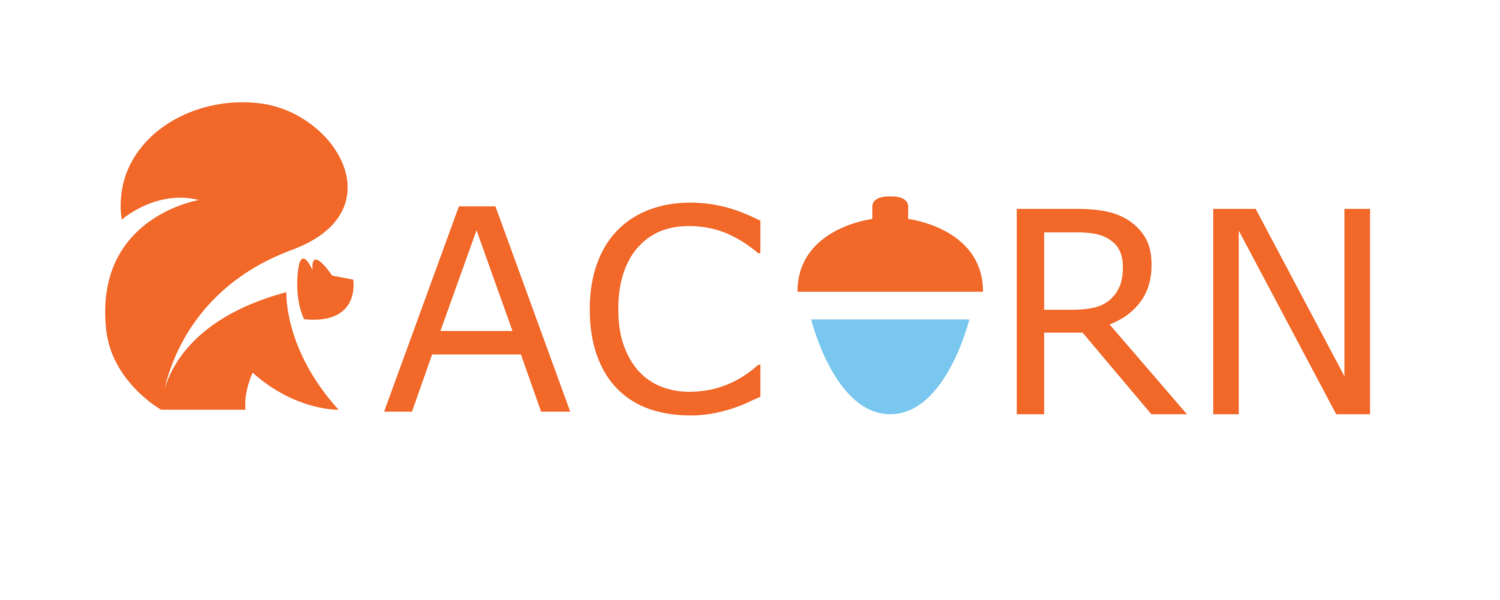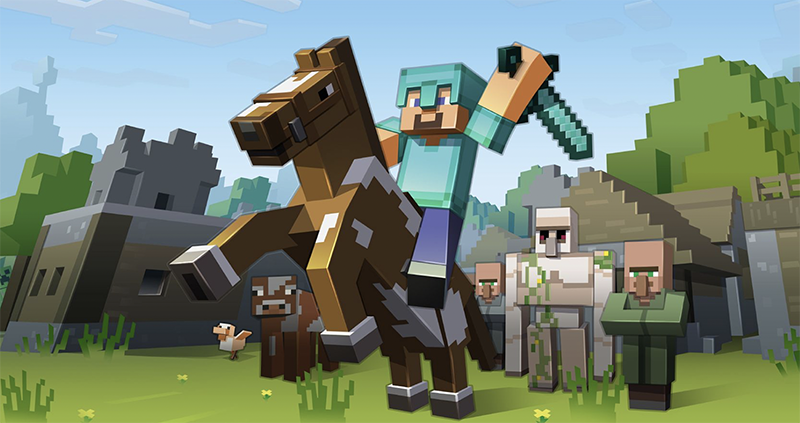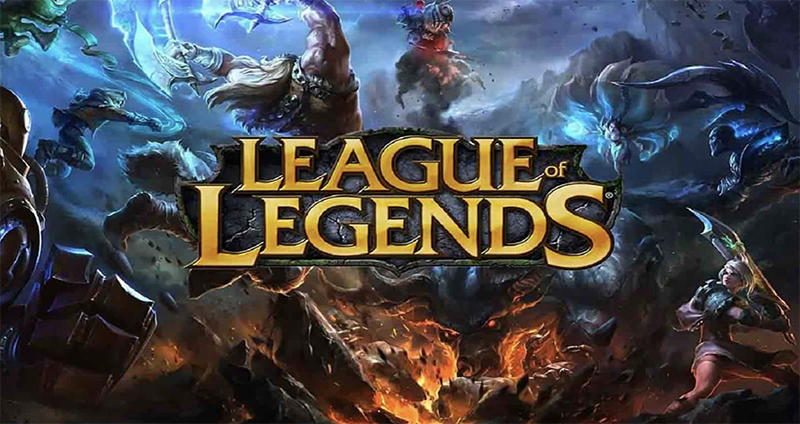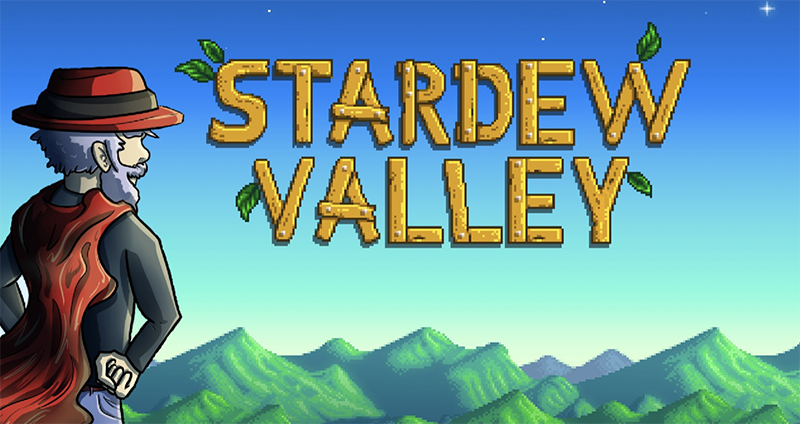Recent years have been a very successful for indie games. Many of the titles on this list didn’t just exceed expectations—they defined whole genres and left a lasting mark.
Behind every successful indie game is a story about a clear vision, hard work, and persistence. Here’s what we can learn from the most successful indie games of the generation.
Minecraft
How did a Swedish indie title become the best-selling video game of all time? In 2009, Swedish developer Markus “Notch” Persson started flirting with the idea of a blocky, build-your-world RPG while he was still working in another job.
Notch had been working on RubyDung (an isometric base-building game) when he came across a block-based mining game named Infiniminer. Infiniminer inspired Notch to keep developing RubyDung, introducing new blocky visuals and a first-person mode. He quit his job, and Minecraft was born.
The alpha was so successful that it allowed Notch to back the game by founding his own video game company, Mojang. After almost two years of hard work, rigorous testing, and many sleepless nights, the full version of the game was released on the 18th of November 2011—the rest is history.
Minecraft wasn’t the first sandbox survival game, but it did many things right. Its blocky, simple graphics are pleasing to the eye, and the amount of freedom players have is astounding.
You can simply have fun defending yourself from zombies, or you can spend a whole week building intricate cities, complex buildings, and marvellous machines. There are also countless mods to choose from, and the game’s community never sleeps.
Remember as a child when you would build worlds in your head and act everything out with LEGO? Minecraft appeals to a broad audience, and it satisfies the child in us.
Few indie games will grow to a fraction of the size of Minecraft, but the story of a small, dedicated team working hard to bring and idea to life, still rings true as inspiration.
League of Legends
Before it became the giant it is today, League of Legends was the child of two business students who saw a huge opportunity. Inspired by the Asian market, Brandon Beck and Marc Merrill wanted to create a free-to-play PvP arena game monetised through optional cosmetic purchases.
In its early days, League of Legends struggled to attract the attention of investors. It was often seen as just a spin-off of a mod of Warcraft III, which really didn’t help its cause. Beck and Merrill persisted, and after years of struggles and rejection, the game was fully released in October of 2009. The game was so successful that in February 2011, Chinese giant Tencent paid $400 million for a 93% share in Riot Games, and in 2015, Tencent acquired the remaining 7% of the company’s shares.
League of Legends didn’t reinvent the wheel. Warcraft III’s popular DoTA mod may have spawned the MOBA genre, but LoL refined and reformatted the genre for the whole world, turning it into the accessible e-sports phenomenon it is today.
League’s graphics were simple but a lot brighter and more inviting than the darker themes of DoTA and its sequel. As far as gameplay is concerned, LoL simplified many MOBA elements that defined the hardcore PVP genre. You didn’t have to know everything about complicated mechanics (e.g., itemization, skill builds, wave management) to queue up for a match and have some fun.
Most importantly, the success story of Beck and Merrill goes to show that rejection isn't the end. Told ‘no’ by seemingly endless publishers, they persisted, and their ‘struggling indie’ is now the largest AAA PC game of all time.
Stardew Valley
Stardew Valley is one of the most beloved games of the decade. It was created by one man, Eric Barone, a developer from Seattle. To make it work, Eric worked an average of ten hours a day for about four years, working part-time as an usher at Seattle’s Paramount Theatre.
Stardew Valley doubles down on the story and the relaxing farming experience. The pixelated graphics add to the game’s laid-back atmosphere, providing people with a momentary escape from the hustle and bustle of city life.
Stardew Valley throws you into a farm and pretty much lets you do whatever you want. It’s reminiscent of other farm and social simulation games such as Harvest Moon and Animal Crossing, but it feels even more wholesome and alive. The soundtrack is top-notch, the gameplay is varied yet addictive, and the multiplayer mode allows players to work together in a totally chill, non-competitive environment.
Hard work pays off, and game developers know - more than most - that creating a game is a time-hungry beast.
Rocket League
Like many in this list, calling Rocket League an ‘indie’ game might seem like a stretch, but it was Psyonix’s first major self-published PC title. For quite a few years, Psyonix’s small team focused on contract work for major studios. It wasn’t until 2015 that the company decided to create a sequel of their original PS3 soccer racing game: Supersonic Acrobatic Rocket-Powered Battle-Cars—yup, that’s the actual title!
They took the lessons from the first game and refined the gameplay down for Rocket League, focusing on the core elements and a sleek experience. Soon after its release, the game was made free for PlayStation Plus users, attracting millions of players from all around the world.
But what is it Rocket League that made it so special? For one, it’s well-designed, competitively balanced, and super fun to play. Around the same time, sports games like FIFA and PES were heavily criticised for adding too many loot boxes and RNG systems. Rocket League had a steeper learning curve, but it left much more room for individual skill expression. Because the game is so pared down, gameplay is easy for a beginner or even non-gamer to intuit, but those who wish to excel will spend hours perfecting these techniques - much like a real sport.
The fact that there’s cross-play between platforms and no pay-to-win elements, scores Rocket League further points. It’s a simple soccer game with a twist that appeals to both casual and competitive gameplay. Learning from past mistakes, championing what previously worked best and working with connections in the industry has seen Rocket League rise from strength to strength.
Hades
Roguelike RPGs have been with us for more than 40 years, and they all feature similar gameplay: fast-paced action combat, procedurally-generated rooms, endless monster-killing, and permadeath. But then Hades came determined to turn the world of dungeon crawlers upside down.
With plenty of past successful releases (e.g., Bastion, Pyre), indie studio Supergiant Games had set its sights on creating a state-of-the-art roguelike RPG. But that didn’t mean it was going to be easy. How do you create a game that’s both difficult and fun to play at the same time? According to creative director Greg Kasavin, it was all about identifying the elements that define the roguelike genre and building a captivating narrative around them.
Hades nailed the combat. Wielding different weapons, levelling up your abilities, and using unique God-like skills just feels good. But it also handled the permadeath element exceptionally well. Dying in Hades is frustrating for sure, but it doesn’t feel half as bad as it does in other roguelike games—you’re always making progress and increasing your power, even in death. And I mean, how bad can it really be? You’re playing as the son of the lord of the Underworld, after all!
What Does It All Mean?
These are just some of the indie games that grew to staggering heights in recent years. Other influential titles include Dead Cells, Bastion, Valheim, Celeste, Hollow Knight, and The Binding of Isaac: Rebirth. Spanning across several different genres, all these games have one thing in common: They’re honest, and they know what their player base wants.
Where AAA giants work to keep balance their fandom and shareholders’ happiness, indie developers, fueled by passion and ambition, design games that they themselves would want to play. They don’t have to reinvent the wheel, but they listen to their player base and aren’t afraid to take risks. In doing so, they constantly push the industry forward.






